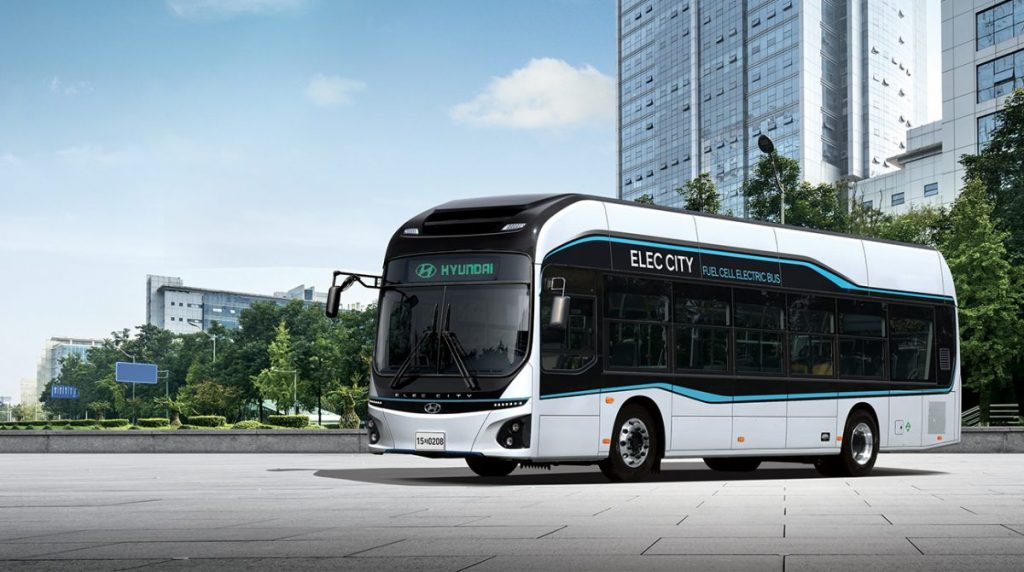As the rising cost of diesel forces many municipalities to consider shifting their fleets towards alternative fuels, hydrogen technology is receiving increased investment. Alongside heavy trucks and light vans, city buses are also emerging as a promising application.
Initiatives at a national level look set to boost the adoption of fuel cell vehicles in general. France has dedicated €7.2bn (US$7.92bn) toward hydrogen as part of its 2030 strategy, with €1.5bn going toward large-scale industrial uses and the construction of electrolyser production plants; some 6.5 gigawatts (GW) of electrolysis capacity should be available by 2030. South Korea has committed US$1.8bn to implementing infrastructure for hydrogen public transport and passenger vehicles over the next ten years, while the US is planning to phase out all ICE public buses by 2040 in favour of zero emission alternatives.
At a city level, many have also been quick to progress their hydrogen adoption programmes during the pandemic. In Aberdeen, Scotland, the city recently announced a joint venture with bp to build hydrogen fuelling hubs to supply its current fleet of hydrogen buses. Vienna, which aims to become Austria’s ‘hydrogen hub’, has also been trialling fuel cell buses. Many other towns and cities across Italy, such as Bolzano and Civitavecchia, as well as the German cities of Cologne and Berlin, have already put hydrogen buses into operation.

